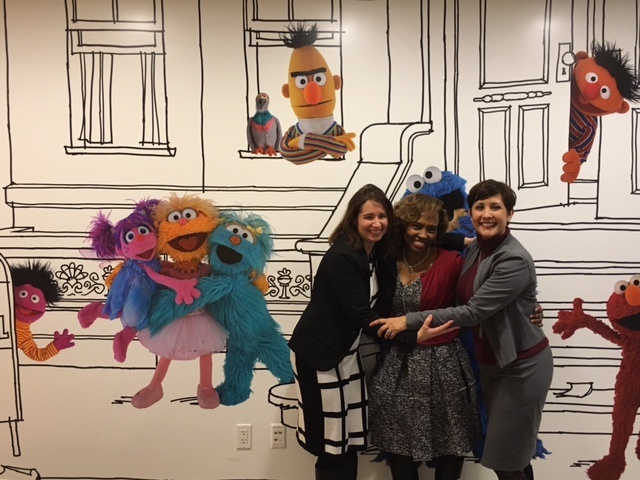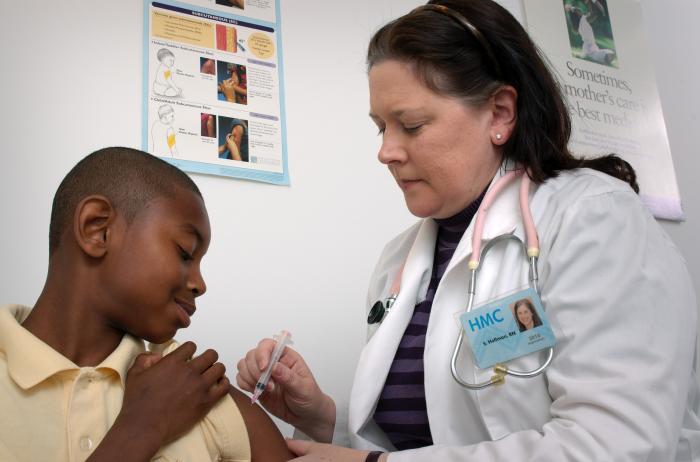 With daylight savings time here, you may think that flu season has passed; that is not necessarily the case. Although spring is near, colds and the flu can still affect all of us.
With daylight savings time here, you may think that flu season has passed; that is not necessarily the case. Although spring is near, colds and the flu can still affect all of us.
According to the American Academy of Pediatrics (AAP), the 2016-17 flu season has been moderate and is expected to continue for several more weeks. As of March 7, there have been 40 flu-related deaths in children, according to the Centers for Disease Control and Prevention (CDC). Therefore it is essential that parents and child care providers are protect children from this as much as possible.
The CDC recommends an ongoing influenza vaccination as long as flu viruses are circulating and it is still recommended that everyone get vaccinated as soon as possible, if they have not already done so. The influenza vaccine is recommended for everyone 6 months of age and older, including child care staff. Vaccination of every person in a child care setting is a valuable step in protecting the health of children and staff.
Both the AAP and the CDC have a variety of resources for child care providers and parents alike:
- Practice proper cough and sneeze etiquette and ensure children are taught to cover their mouth and noses.
- Ready Wrigley activity book on influenza for tips and stories for children to help prepare for influenza.
- Free training from the AAP: Influenza Prevention and Control in Early Education and Child Care educates programs about influenza policies and strategies that help keep children healthy.
- AAP Manual on Managing Infectious Diseases in Child Care and Schools is a helpful resource on preventing and managing infectious disease.
Please consider completing a brief AAP survey to assist in improving their influenza messaging and resource development for the future.
Remember, even as spring is on the horizon, flowers may be blooming and birds may have begun singing, it is still important to keep yourself and the children in your care protected from the flu. Use the trusted resources from the AAP, CDC, and the Child Care Aware® of America’s Emergency Preparedness Team to ensure all children in your care are healthy.






